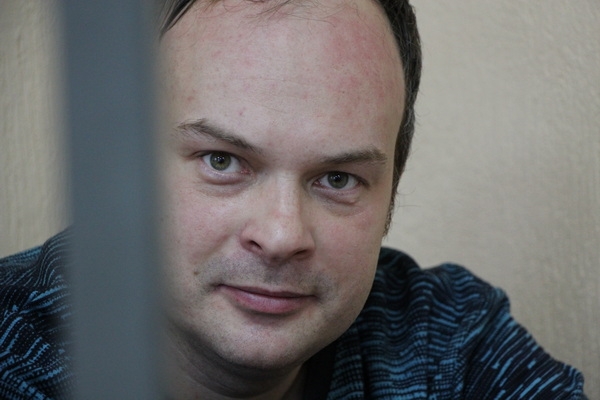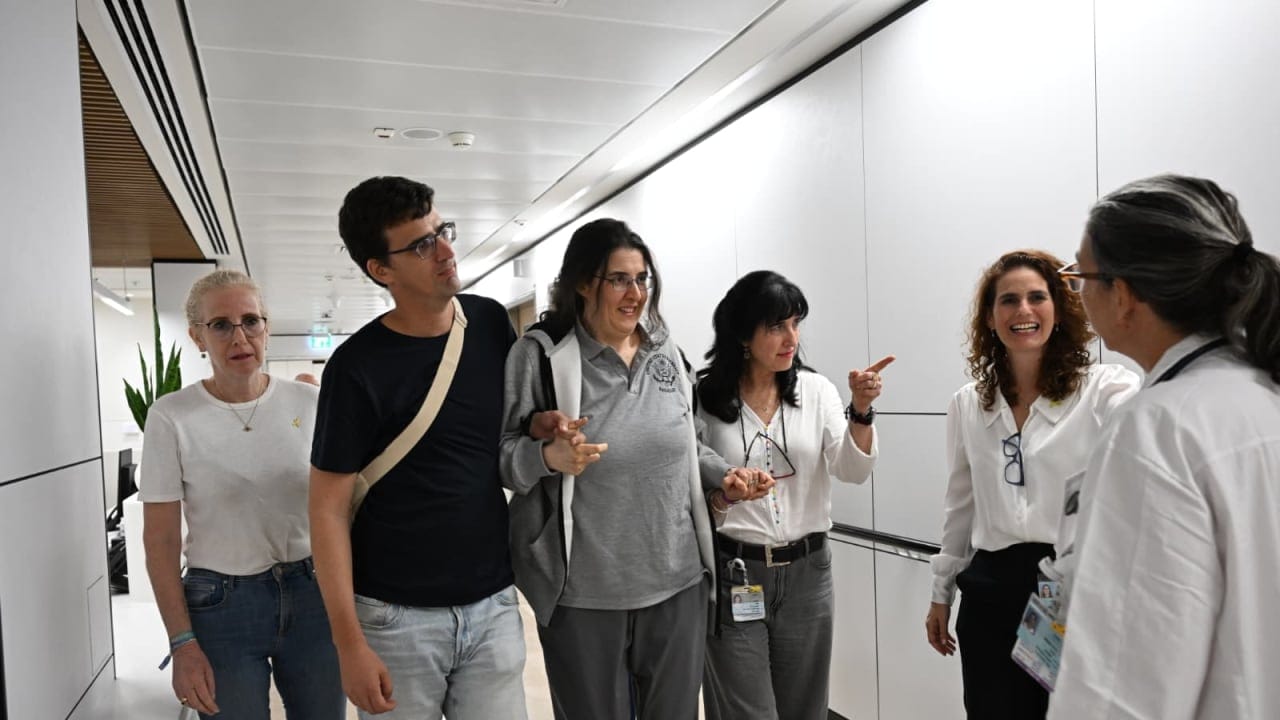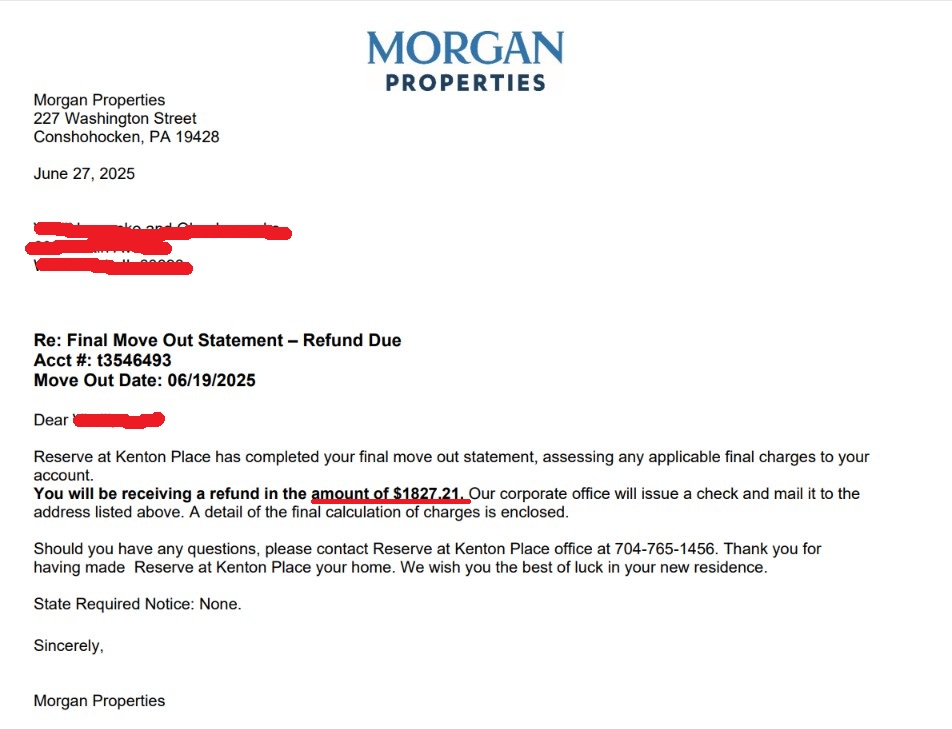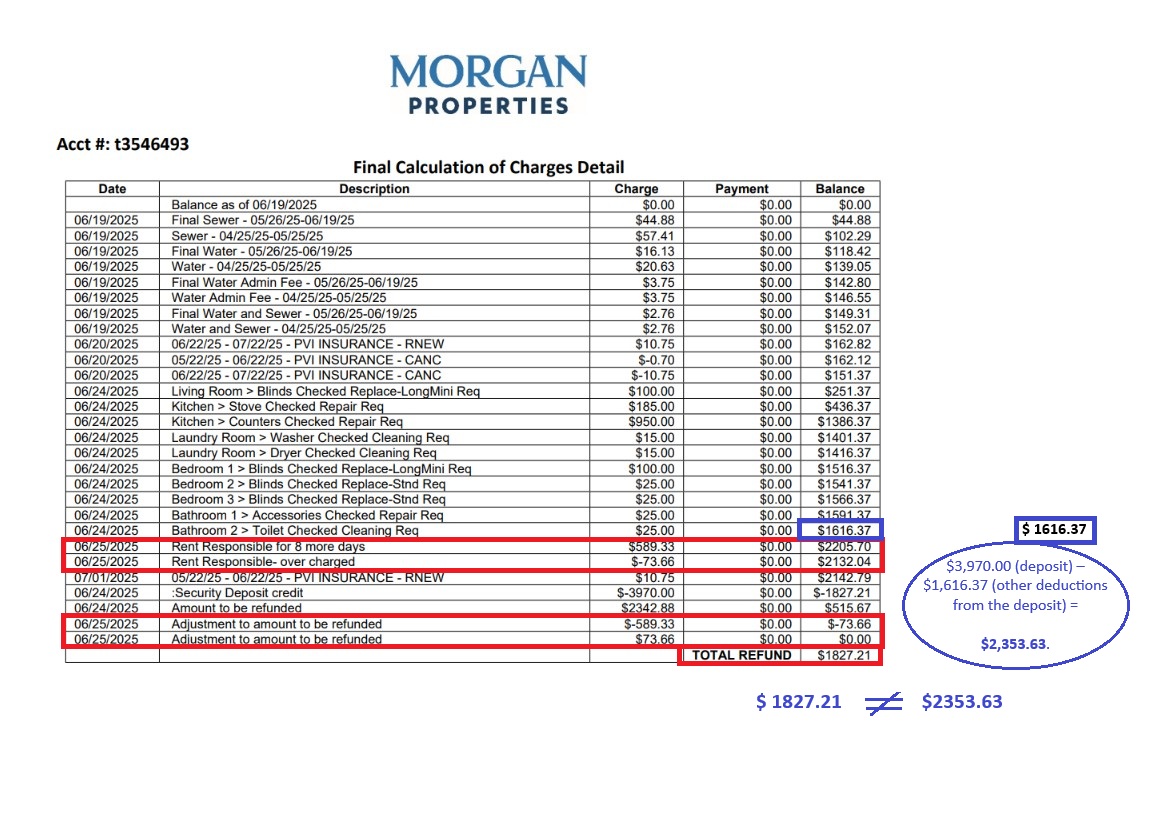Human Rights and Their International Basis
Human rights are fundamental freedoms and entitlements that belong to every individual regardless of nationality, ethnicity, religion, or any other status. Recognized globally, these rights are designed to protect human dignity and ensure equality, freedom, and justice for all. The foundation of modern human rights lies in key international documents such as the Universal Declaration of Human Rights (UDHR) and subsequent treaties. This document provides a structured classification of human rights into four primary groups, outlining their nature, specific entitlements, and the international instruments establishing them.
Civil and Political Rights
Civil and political rights are the cornerstone of individual freedom and participation in societal governance. They protect individuals from state abuses, ensure equality before the law, and enable people to participate actively in political and public life. These rights are vital for safeguarding democracy, justice, and personal autonomy.
Right to Life
-
Recognized by: Universal Declaration of Human Rights (Article 3), International Covenant on Civil and Political Rights (Article 6)
Freedom from Torture and Inhuman Treatment
-
Recognized by: Universal Declaration of Human Rights (Article 5), International Covenant on Civil and Political Rights (Article 7)
Freedom from Slavery and Forced Labor
-
Recognized by: Universal Declaration of Human Rights (Article 4), International Covenant on Civil and Political Rights (Article 8)
Equality Before the Law and Freedom from Discrimination
-
Recognized by: Universal Declaration of Human Rights (Article 7), International Covenant on Civil and Political Rights (Article 26)
Right to a Fair Trial
-
Recognized by: Universal Declaration of Human Rights (Article 10), International Covenant on Civil and Political Rights (Article 14)
Freedom of Expression
-
Recognized by: Universal Declaration of Human Rights (Article 19), International Covenant on Civil and Political Rights (Article 19)
Freedom of Thought, Conscience, and Religion
-
Recognized by: Universal Declaration of Human Rights (Article 18), International Covenant on Civil and Political Rights (Article 18)
Freedom of Assembly and Association
-
Recognized by: Universal Declaration of Human Rights (Article 20), International Covenant on Civil and Political Rights (Articles 21 and 22)
Right to Participate in Governance
-
Recognized by: Universal Declaration of Human Rights (Article 21), International Covenant on Civil and Political Rights (Article 25)
Protection from Arbitrary Arrest and Detention
-
Recognized by: Universal Declaration of Human Rights (Article 9), International Covenant on Civil and Political Rights (Article 9)
Economic, Social, and Cultural Rights
Economic, social, and cultural rights are essential for ensuring a dignified standard of living and enabling individuals to flourish in society. These rights promote equality in access to resources, education, healthcare, and participation in cultural life, fostering social stability and inclusive growth.
Right to Work and Fair Conditions
-
Recognized by: Universal Declaration of Human Rights (Article 23), International Covenant on Economic, Social and Cultural Rights (Articles 6 and 7)
Right to Education
-
Recognized by: Universal Declaration of Human Rights (Article 26), International Covenant on Economic, Social and Cultural Rights (Articles 13 and 14)
Right to Health
-
Recognized by: Universal Declaration of Human Rights (Article 25), International Covenant on Economic, Social and Cultural Rights (Article 12)
Right to Social Security
-
Recognized by: Universal Declaration of Human Rights (Article 22), International Covenant on Economic, Social and Cultural Rights (Article 9)
Right to an Adequate Standard of Living
-
Recognized by: Universal Declaration of Human Rights (Article 25), International Covenant on Economic, Social and Cultural Rights (Article 11)
Right to Participate in Cultural Life
-
Recognized by: Universal Declaration of Human Rights (Article 27), International Covenant on Economic, Social and Cultural Rights (Article 15)
Collective Rights
Collective rights recognize that some entitlements are shared by groups of people rather than individuals. These rights address issues like self-determination, development, and environmental protection, emphasizing the need for collective well-being and global cooperation.
Right to Self-Determination
-
Recognized by:
-
International Covenant on Civil and Political Rights (ICCPR, Article 1)
-
International Covenant on Economic, Social and Cultural Rights (ICESCR, Article 1)
-
This right allows peoples to freely determine their political status and pursue their economic, social, and cultural development.
Right to Development
-
Recognized by:
-
Declaration on the Right to Development (1986).
-
This declaration emphasizes that development is a human right, ensuring active participation and fair distribution of its benefits.
Right to Peace
-
Recognized by:
-
Declaration on the Right of Peoples to Peace (1984).
-
This declaration affirms that peace is essential for the enjoyment of all human rights and is a collective responsibility of all nations.
Right to a Healthy Environment
-
Recognized by:
-
Stockholm Declaration on the Human Environment (1972).
-
This foundational declaration highlights the importance of a healthy environment for human well-being. Recent efforts, such as the 2022 UN resolution, have strengthened its recognition as a human right.
Rights of Vulnerable Groups
These rights are designed to protect and empower specific populations that face systemic discrimination or marginalization. They ensure that vulnerable groups, such as women, children, migrants, refugees, and persons with disabilities, receive equal opportunities and access to resources.
Rights of Women
-
Recognized by: Convention on the Elimination of All Forms of Discrimination against Women (CEDAW, 1979).
This convention aims to eliminate all forms of discrimination against women. It ensures equality in education, employment, political participation, and protection from violence.
Children's Rights
-
Recognized by: Convention on the Rights of the Child (CRC, 1989).
This convention guarantees the rights of children, including access to education, protection from violence, participation in society, and access to essential services.
Rights of Migrants and Refugees
-
Recognized by: Convention Relating to the Status of Refugees (1951), also known as the Geneva Convention.
This convention protects the rights of refugees, including:
-
-
The right not to be returned to a country where they face danger (non-refoulement).
-
Access to work, education, and legal assistance.
-
Rights of Persons with Disabilities
-
Recognized by: Convention on the Rights of Persons with Disabilities (CRPD, 2006).
This convention ensures equal rights and opportunities for persons with disabilities. Key areas include access to education, employment, infrastructure, and full participation in social life.
Human rights are the foundation of dignity, equality, and justice in society. By categorizing them into civil, political, economic, social, cultural, collective rights, and the rights of vulnerable groups, we gain a deeper understanding of their scope and significance. These rights are interconnected and interdependent, forming the basis for peaceful coexistence and sustainable development. International instruments such as the Universal Declaration of Human Rights and subsequent treaties provide the legal framework for their protection and promotion, emphasizing the global commitment to ensuring these rights for all. While challenges remain in the realization of these rights universally, their recognition and advocacy remain pivotal for building a fair and just world.
Вy FreedomPerson.com

Russian Kaliningrad activist Oleg Savvin faces criminal prosecution in Russia for anti-war statements, while being subjected to prolonged compulsory psychiatric treatment, raising serious concerns about fair trial rights and the misuse of psychiatry for political purposes.
Read more: Compulsory Psychiatry for an Anti-War Post in Russia– The Case of Oleg Savvin



Briefly: Alexei Navalny (1976–2024) became one of the most well-known and influential critics of the Russian government in the 21st century. Over a decade, his anti-corruption work and street opposition activities made him a symbol of resistance. At the same time, he faced numerous criminal and administrative charges. After being poisoned in 2020, he returned to Russia in 2021, where he was arrested and sent to a penal colony. Navalny died on February 16, 2024, in a remote Arctic colony; the official cause of death was cited as a "sudden heart failure," but his family and the international community questioned this version, suggesting intentional poisoning. In 2025, Navalny’s widow, Yulia, announced the results of foreign laboratory analyses, which, according to her, confirmed poisoning.

Fresh evidence has reignited the Navalny case. On September 17, 2025, Yulia Navalnaya revealed that international laboratories confirmed her husband’s poisoning, urging transparency as a matter of public importance and human rights.
Read more: Yulia Navalnaya Reveals Evidence of Navalny’s Poisoning

After 903 days in captivity in Baghdad, Russian-Israeli researcher Elizabeth Tsurkov has been released. Her story illustrates how human rights, academic freedom, and international diplomacy intersect in contemporary conflicts. The case also highlights the urgent need to protect researchers and coordinate human rights efforts globally.

Obtaining clear documentation of security deposit deductions after moving out can be surprisingly difficult. A recent case at Kenton Place Apartments, managed by Morgan Properties, highlights the challenges families face when trying to access photos, invoices, and material specifications needed to verify charges.
Read more: Why Is Morgan Properties Withholding Deposit Documents

A North Carolina tenant was billed over $2,000 in security deposit deductions — including more than $500 for days they no longer lived in the unit. Their written complaints received no substantive reply. Morgan Properties insists it complies with state law, but the silence tenants face shows how power imbalance in housing plays out in practice.
Read more: Morgan Properties and the Power Imbalance in Tenant Security Deposits

The story from Kenton Place Apartments (Cornelius, NC) may at first glance look like a routine dispute between a tenant and a property management company. But the details raise a serious question: is this an isolated mistake, or a well-worn practice?
Read more: When a Morgan Properties Manager Keith Varney Decides the Law Is Optional

This executive order represents a historic moment for the nation, as it directly challenges long-standing practices aimed at addressing systemic inequities. At its core, it raises fundamental questions about how the United States interprets its constitutional principles of equality, justice, and opportunity for all.
Read more: The Impact of Ending DEI Policies on Equality and Opportunity

The purpose of this article is to explore the history of DEI and highlight the categories of groups protected by these principles. The historical development of DEI is closely tied to the fight for civil rights, while its principles aim to address historical injustices and systemic barriers.
Read more: Diversity, Equity, and Inclusion (DEI): Past, Present, and Future


